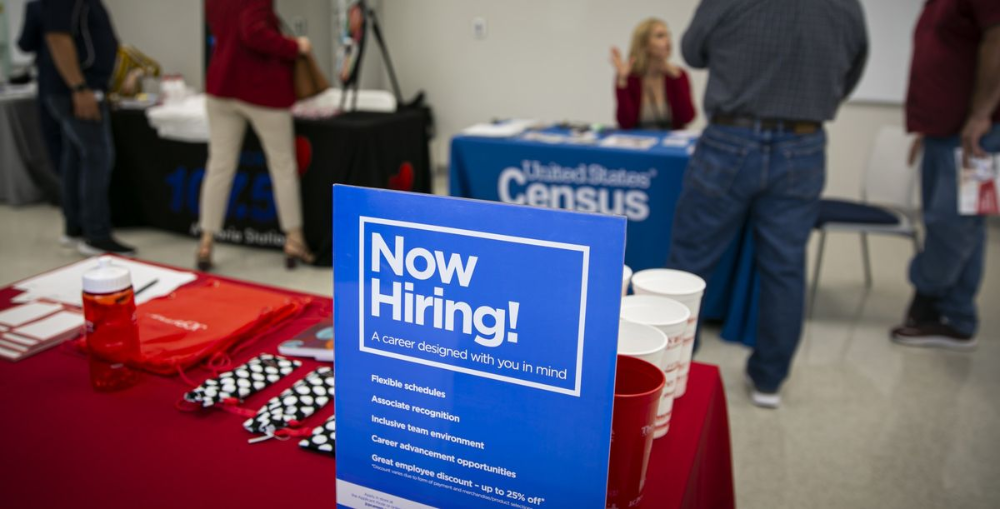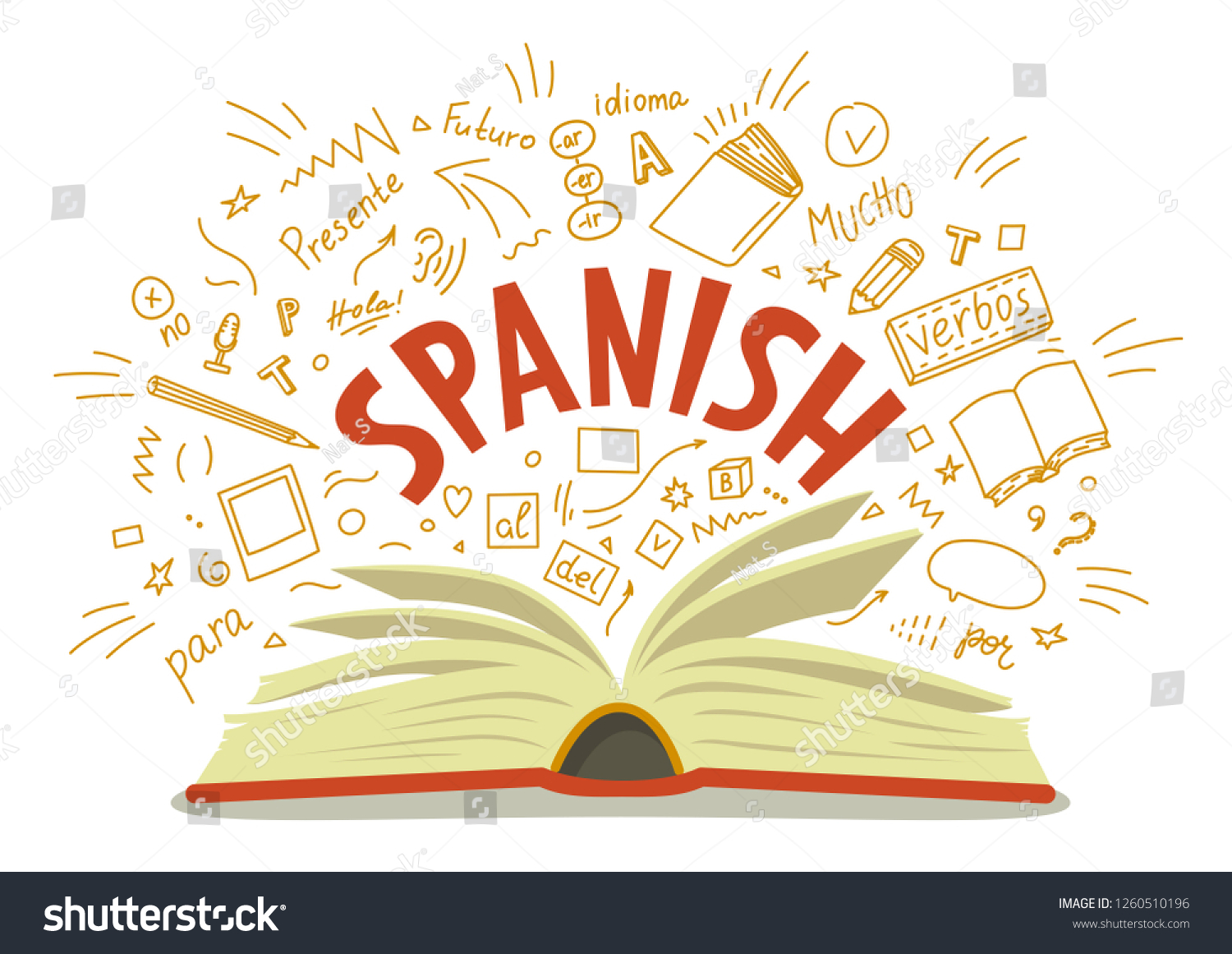Think Tank Careers: Unlocking Impactful Policy Roles

Think tank careers are gaining traction as professionals seek roles that combine intellectual rigor with real-world impact. Whether you're passionate about shaping public policy, driving innovation, or addressing global challenges, think tanks offer a unique platform to influence change. This blog explores the pathways to securing impactful policy roles, highlighting key skills, qualifications, and strategies to thrive in this dynamic field. From understanding the role of think tanks to navigating the application process, this guide is your roadmap to a fulfilling career in policy research and advocacy. (Think Tank Careers, Policy Roles, Impactful Careers)
What Are Think Tanks and Why Do They Matter?

Think tanks are independent organizations dedicated to research and advocacy in areas like public policy, economics, and social issues. They bridge the gap between academia and policymaking, offering evidence-based solutions to complex problems. Working in a think tank allows you to contribute to meaningful change while collaborating with experts across disciplines. (Think Tank Definition, Policy Research, Advocacy Careers)
Essential Skills for Think Tank Careers

To excel in think tank roles, you’ll need a blend of technical and soft skills. Key competencies include:
- Research and Analysis: Proficiency in data collection, interpretation, and report writing.
- Communication: Ability to convey complex ideas clearly to diverse audiences.
- Critical Thinking: Skill in evaluating policies and proposing innovative solutions.
- Collaboration: Experience working in multidisciplinary teams.
(Think Tank Skills, Policy Analysis, Research Careers)
How to Break into Think Tank Roles

Educational Pathways
Most think tank positions require at least a master’s degree in fields like public policy, economics, or international relations. Consider programs that emphasize research methodology and policy analysis. (Policy Education, Think Tank Qualifications)
Building Experience
Gain relevant experience through internships, fellowships, or volunteer work in policy-related fields. Publications, even in academic journals, can also boost your credibility. (Think Tank Internships, Policy Fellowships)
Networking and Mentorship
Attend industry conferences, join professional associations, and connect with think tank professionals on platforms like LinkedIn. Mentorship can provide invaluable insights into the field. (Think Tank Networking, Policy Mentorship)
📌 Note: Tailor your resume and cover letter to highlight specific skills and experiences relevant to the think tank’s mission.
| Focus Area | Think Tank |
|---|---|
| Global Policy | Brookings Institution |
| Economic Research | National Bureau of Economic Research (NBER) |
| Environmental Policy | World Resources Institute (WRI) |

(Top Think Tanks, Policy Organizations, Research Institutions)
Think tank careers offer a unique opportunity to shape policies that address pressing global challenges. By honing the right skills, pursuing relevant education, and building a strong professional network, you can position yourself for success in this impactful field. Start your journey today and become a driving force for change. (Think Tank Careers, Policy Impact, Career Development)
What qualifications are needed for think tank roles?
+
Most roles require a master’s degree in fields like public policy, economics, or international relations, along with strong research and analytical skills. (Think Tank Qualifications, Policy Education)
How can I gain experience for think tank careers?
+
Internships, fellowships, and volunteer work in policy-related fields are great ways to build experience. Publications can also enhance your profile. (Think Tank Experience, Policy Internships)
What skills are most important for think tank professionals?
+
Key skills include research and analysis, communication, critical thinking, and collaboration. (Think Tank Skills, Policy Analysis)



